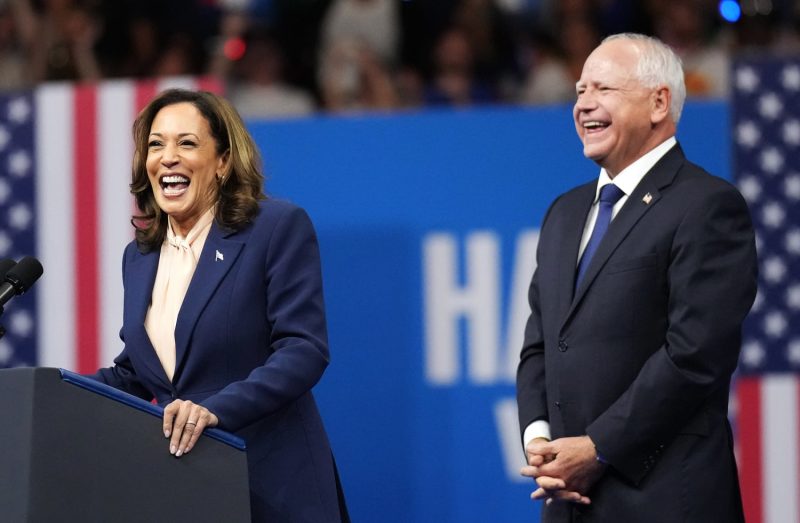The recent endorsements for Vice President Kamala Harris by some local Teamsters groups have sparked a significant discussion within the political landscape. While the national union has declined to formally endorse Harris, the decision made by these local groups is not only noteworthy but also sheds light on the complexities of political endorsements within the labor union movement.
The Local Teamsters groups that have chosen to support Harris have emphasized her advocacy for workers’ rights and her commitment to policies that align with the interests of labor unions. This endorsement signifies a belief in Harris’ ability to champion pro-labor legislation and fight for the betterment of working-class Americans. Such endorsements play a crucial role in shaping public perception and influencing voter behavior, particularly within the labor community.
However, the decision of the national union to withhold their endorsement raises questions about the internal dynamics and considerations that unions navigate when making political endorsements. The reluctance to endorse a candidate at the national level may stem from various factors, including concerns over potential backlash, the need for consensus among members, or a desire to maintain neutrality to accommodate diverse political preferences within the union.
It is important to recognize that endorsements by local chapters do not necessarily reflect the official stance of the entire union. While they provide valuable insights into grassroots support for a particular candidate, they do not override the decision-making process at the national level. The significance of a national union endorsement lies in its ability to signal unified support from a broad base of members, thereby amplifying the candidate’s credibility and influence.
The differing approaches taken by local and national Teamsters groups in endorsing Vice President Harris highlight the nuances and complexities of political endorsements within the labor movement. These endorsements serve as a reminder of the diverse perspectives and priorities that unions must navigate when engaging in the political arena. As the 2024 presidential election approaches, these endorsements will continue to play a critical role in shaping the political landscape and advancing the interests of labor unions across the country.
